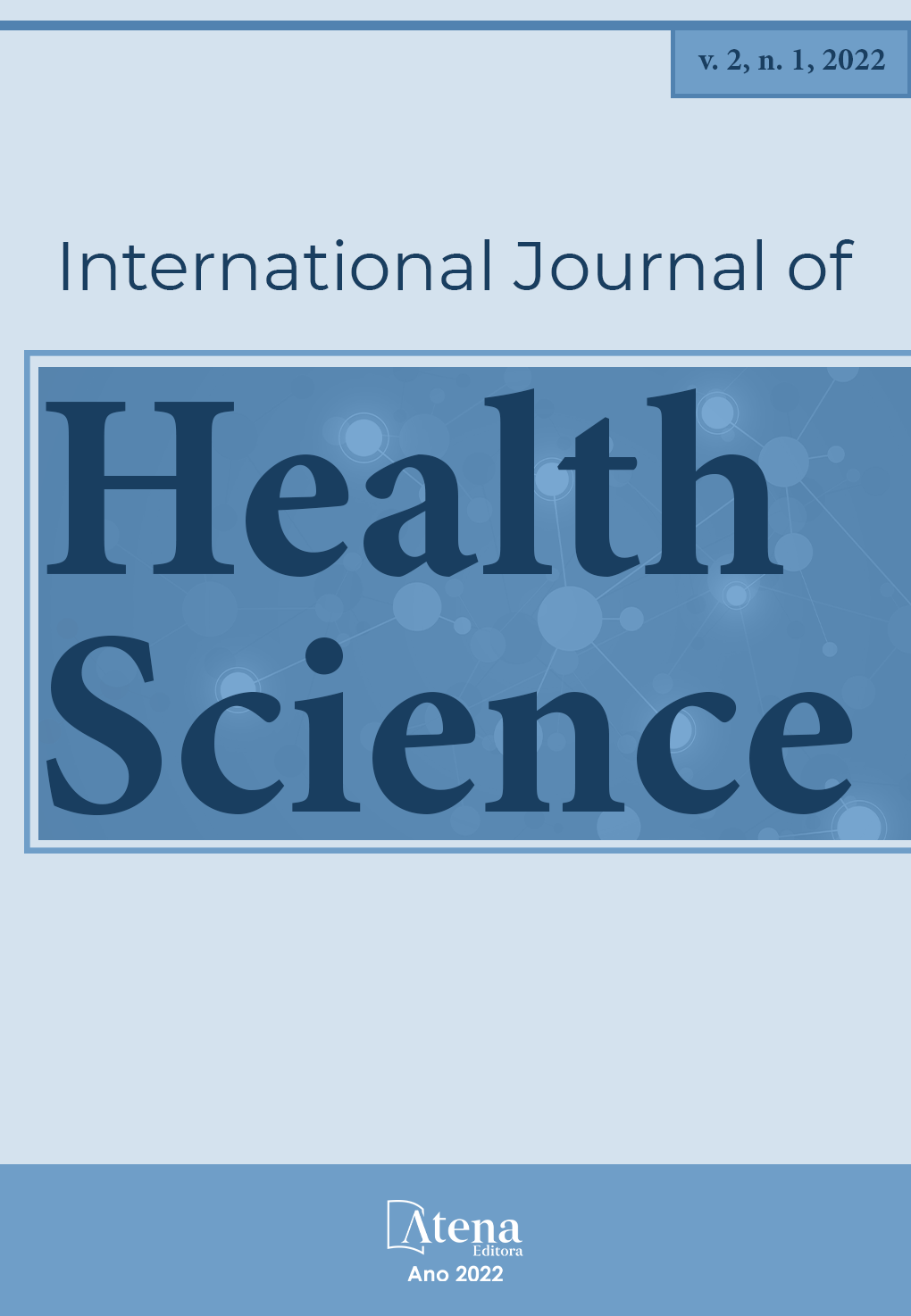
THE USE OF ASSISTED REPRODUCTION FOR HIV-INFECTED SERUM DISCORDANT COUPLES
The increase in longevity and quality of life has led serodiscordant couples to seek help in assisted reproduction, avoiding putting their partner at risk of infection or acquiring a new viral strain, being evaluated and treated on a case-by-case basis. There are inadequate data to prove that one therapy is safer than any other. In addition, the choice of treatment is based on available resources and the results of standard infertility tests, which are also part of the decision-making process. The general consensus in the legal and medical community is that HIV-infected couples or individuals must be counseled and have access to infertility treatment or treatment to decrease the risk of infection in an uninfected partner when attempting natural conception. HIV-infected patients seeking assisted reproduction services must be highly motivated to have children, well-controlled HIV with a stable CD4 count, undetectable virus in serum and semen (90 percent. When the woman is not HIV-infected and the If a man is infected with HIV, the risk of transmission is substantially reduced with the use of medically assisted reproduction. In women with a normal fertility assessment, intrauterine insemination (IUI) with doubly processed sperm as a first-line therapy is one of the options of choice. If unsuccessful or for couples diagnosed with known female factor infertility, in vitro fertilization (IVF) with intracytoplasmic sperm injection may be performed. Donated sperm is an additional option. When the woman is HIV-infected and the man is not is infected with HIV, IUI using the partner's sperm will prevent female-to-male transmission in an attempt to conceive Natural.
THE USE OF ASSISTED REPRODUCTION FOR HIV-INFECTED SERUM DISCORDANT COUPLES
-
DOI: 10.22533/at.ed.159212210016
-
Palavras-chave: Insemination; Serodiscordants; Assisted reproduction; Natural design; HIV; Hepatitis.
-
Keywords: Insemination; Serodiscordants; Assisted reproduction; Natural design; HIV; Hepatitis.
-
Abstract:
The increase in longevity and quality of life has led serodiscordant couples to seek help in assisted reproduction, avoiding putting their partner at risk of infection or acquiring a new viral strain, being evaluated and treated on a case-by-case basis. There are inadequate data to prove that one therapy is safer than any other. In addition, the choice of treatment is based on available resources and the results of standard infertility tests, which are also part of the decision-making process. The general consensus in the legal and medical community is that HIV-infected couples or individuals must be counseled and have access to infertility treatment or treatment to decrease the risk of infection in an uninfected partner when attempting natural conception. HIV-infected patients seeking assisted reproduction services must be highly motivated to have children, well-controlled HIV with a stable CD4 count, undetectable virus in serum and semen (90 percent. When the woman is not HIV-infected and the If a man is infected with HIV, the risk of transmission is substantially reduced with the use of medically assisted reproduction. In women with a normal fertility assessment, intrauterine insemination (IUI) with doubly processed sperm as a first-line therapy is one of the options of choice. If unsuccessful or for couples diagnosed with known female factor infertility, in vitro fertilization (IVF) with intracytoplasmic sperm injection may be performed. Donated sperm is an additional option. When the woman is HIV-infected and the man is not is infected with HIV, IUI using the partner's sperm will prevent female-to-male transmission in an attempt to conceive Natural.
-
Número de páginas: 29
- Anna Maly de Leão e Neves Eduardo
- Axell Donelli Leopoldino Lima
- Allan Bruno de Souza Marques
- Eloísa Helena Rocha Lima
- Raphael da Silva Affonso
- Camille Silva Florencio
- Erica Carine Campos Caldas Rosa
- Rosimeire Faria do Carmo
- Larissa Leite Barboza
- Jéssica dos Santos Folha
- Juliana Paiva Lins
- Marcela Gomes Rola
- Priscilla Mota da Costa
- Lustarllone Bento de Oliveira
- FELIPE MONTEIRO LIMA


